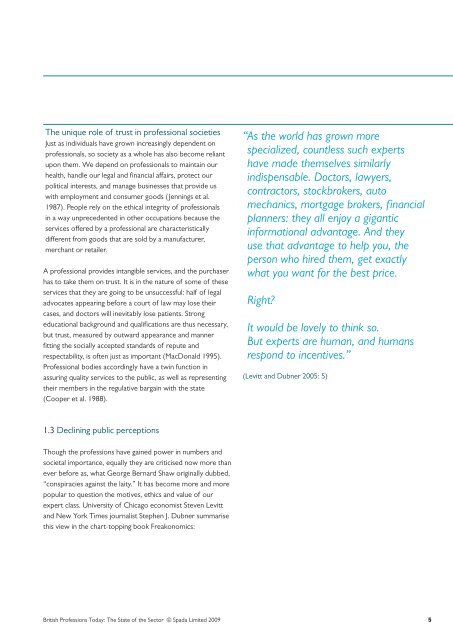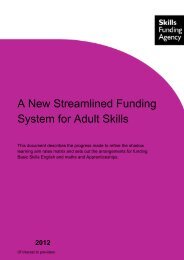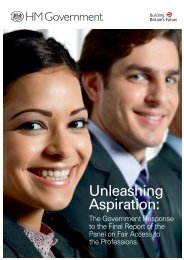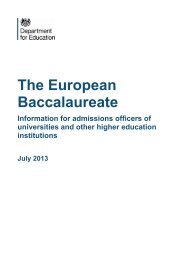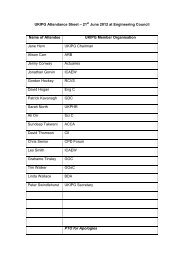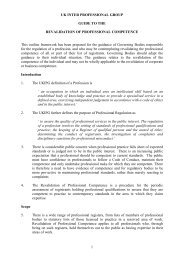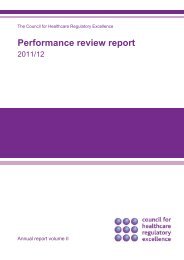BRITISH PROFESSIONS TODAY: THE STATE OF ... - Property Week
BRITISH PROFESSIONS TODAY: THE STATE OF ... - Property Week
BRITISH PROFESSIONS TODAY: THE STATE OF ... - Property Week
You also want an ePaper? Increase the reach of your titles
YUMPU automatically turns print PDFs into web optimized ePapers that Google loves.
The unique role of trust in professional societies<br />
Just as individuals have grown increasingly dependent on<br />
professionals, so society as a whole has also become reliant<br />
upon them. We depend on professionals to maintain our<br />
health, handle our legal and financial affairs, protect our<br />
political interests, and manage businesses that provide us<br />
with employment and consumer goods (Jennings et al.<br />
1987). People rely on the ethical integrity of professionals<br />
in a way unprecedented in other occupations because the<br />
services offered by a professional are characteristically<br />
different from goods that are sold by a manufacturer,<br />
merchant or retailer.<br />
A professional provides intangible services, and the purchaser<br />
has to take them on trust. It is in the nature of some of these<br />
services that they are going to be unsuccessful: half of legal<br />
advocates appearing before a court of law may lose their<br />
cases, and doctors will inevitably lose patients. Strong<br />
educational background and qualifications are thus necessary,<br />
but trust, measured by outward appearance and manner<br />
fitting the socially accepted standards of repute and<br />
respectability, is often just as important (MacDonald 1995).<br />
Professional bodies accordingly have a twin function in<br />
assuring quality services to the public, as well as representing<br />
their members in the regulative bargain with the state<br />
(Cooper et al. 1988).<br />
“ As the world has grown more<br />
specialized, countless such experts<br />
have made themselves similarly<br />
indispensable. Doctors, lawyers,<br />
contractors, stockbrokers, auto<br />
mechanics, mortgage brokers, financial<br />
planners: they all enjoy a gigantic<br />
informational advantage. And they<br />
use that advantage to help you, the<br />
person who hired them, get exactly<br />
what you want for the best price.<br />
Right?<br />
It would be lovely to think so.<br />
But experts are human, and humans<br />
respond to incentives.”<br />
(Levitt and Dubner 2005: 5)<br />
1.3 Declining public perceptions<br />
Though the professions have gained power in numbers and<br />
societal importance, equally they are criticised now more than<br />
ever before as, what George Bernard Shaw originally dubbed,<br />
“conspiracies against the laity.” It has become more and more<br />
popular to question the motives, ethics and value of our<br />
expert class. University of Chicago economist Steven Levitt<br />
and New York Times journalist Stephen J. Dubner summarise<br />
this view in the chart-topping book Freakonomics:<br />
British Professions Today: The State of the Sector © Spada Limited 2009 5


